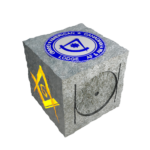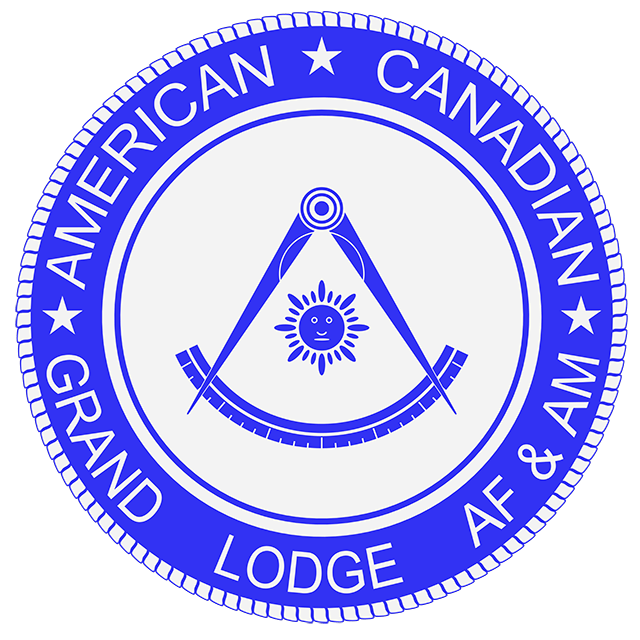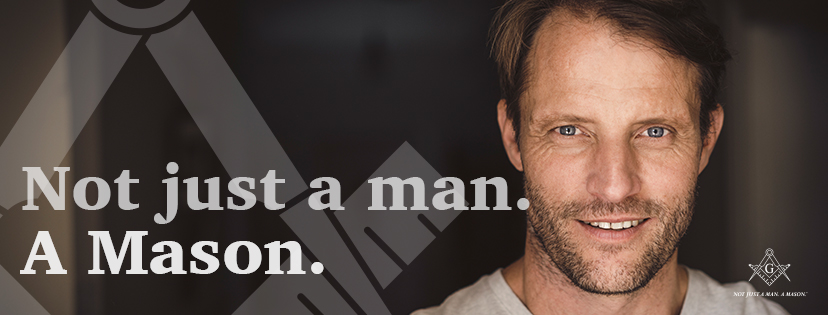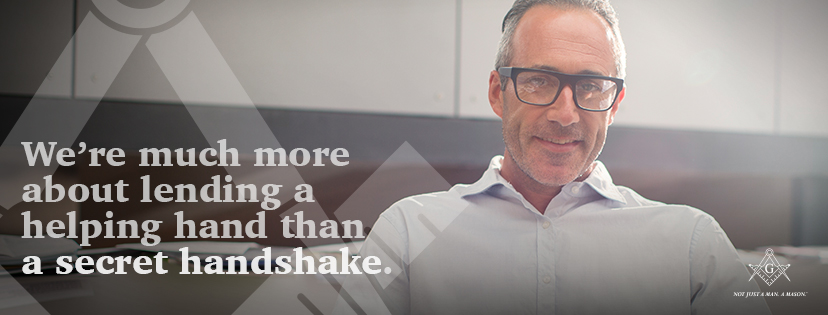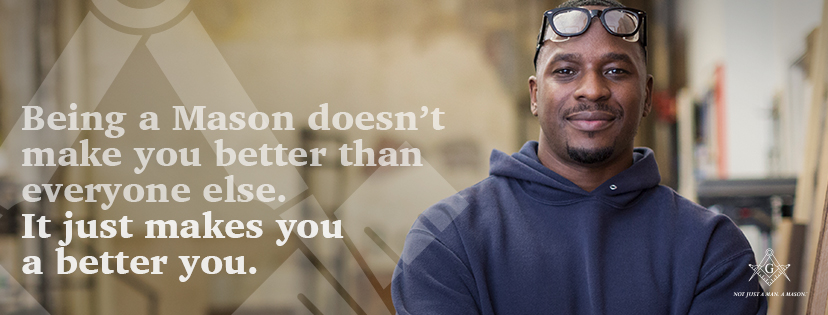What is modern Freemasonry?
Masonry is many things to many people.
Many years ago, in England, it was defined as “a system of morality, veiled in allegory, and illustrated by symbols.” It is a course of moral instruction using both allegories and symbols to teach its lessons. The legends and myths of the old stone cutters and masons, many of them involved in building the great cathedrals of Europe, have been woven into an interesting and effective way to portray moral truths. In Masonry, the old tools and ways of the craftsmen are used to help dramatically portray those moral truths. For example, the 24-inch gauge and the common gavel. Just as the ruler is used to measure distance, the modem Mason uses it as a reminder to manage one of his most precious resources: time. And, as the gavel is used to shape stones, so it is also the symbol for the necessity of all of us to work to perfect ourselves.
One modern definition is: “Freemasonry is an organized society of men, symbolically applying the principle of Operative Masonry and architecture to the science and art of character building.” In other words, Masonry uses ageless methods and lessons to make each of us a better person. Freemasonry is a multicultural organization. Members of all races and faiths are welcome to join. It requires that its members should believe in a single deity and no man can become a Mason unless he does so. He will be required to take certain obligations with his hand upon his own religion’s sacred book. Freemasonry offers no pecuniary advantage or reward nor does it require its members to support one another in business or employment.
The organization does have charities for those Freemasons and their families who were once self-supporting but through misfortune are now unable to do so. It also has charities which support causes unconnected with Masonry. No one should join Freemasonry unless he can afford to pay the expenses involved without affecting his ability to support his family. These expenses include the joining fee, the annual dues and a donation to charity measured on what the individual member can afford.
Facts on Freemasonry
FREEMASONRY IS A FRATERNITY, NOT A RELIGION
As a fraternal association dedicated to making good men better, Freemasonry respects the religious beliefs of all its members. Freemasonry has no theology and does not teach any method of salvation. In particular, it does not claim that good works guarantee salvation.
FREEMASONS ARE UNITED IN THEIR DESIRE TO BE OF SERVICE TO MANKIND
While Freemasonry supports homes for members and their spouses, most Masonic services, including Shrine medical and burn centers, are available to all citizens. In 1990, American Masonic philanthropy totaled more than $525 million, of which 58% went to the public.
FREEMASONRY IS OPEN TO ALL MEN
Freemasonry is open to all men of good character who believe in God. Freemasonry does not discriminate on the basis of race, religion, or social class.
THE MASONIC FAMILY OF ORGANIZATIONS IS OPEN TO ALL
Freemasonry admits only men, but many Masonic related organizations, such as the Eastern Star, Amaranth, Job’s Daughters, Rainbow for Girls and DeMolay for Boys, offer ample opportunities for women and youth.
FREEMASONRY DOES NOT REQUIRE IMPROPER OATHS
The solemn promises taken in Freemasonry are no different than the oaths taken in court or on entering the armed services. The much-discussed “penalties,” judicial remnants from an earlier age, are symbolic, not literal. They refer only to the pain any honest man should feel at the thought of violating his word.
FREEMASONRY TEACHES INDIVIDUAL IMPROVEMENT THROUGH STUDY
Freemasonry encourages study, including literature by the great writers of ancient times. Freemasonry does not sanction the views of these authors but offers them for each individual’s reflection and evaluation.
FREEMASONRY TEACHES IN STEPS
Masons learn through a series of lessons. These “degrees” of insight move from basic to more complex concepts. This no more hides the nature of Freemasonry from novice members than does having a student understand fractions before calculus.
MASONRY IS PRACTICED WORLDWIDE
There are approximately 2.5 million Masons in the United States and nearly 6 million throughout the world.
FREEMASONRY HAS NO SINGLE SPOKESMAN
Freemasonry is made up of many individuals in numerous organizations, all subordinate to the Grand Lodge within their jurisdiction (i.e. state). None of these member organizations can speak for Freemasonry; that is the responsibility of each Grand Lodge within its jurisdiction. No Masonic body nor author, however respected, can usurp the authority of a Grand Lodge.
APPENDANT BODIES
Masonry has many groups, each with a special social, educational, or philanthropic focus. A man becomes a Mason in his local Lodge. Then he joins any of the following “Appendant Bodies”: the Scottish Rite, York Rite (which includes the Royal Arch and Knights Templar), Shriners, Grottoes, Tall Cedars, etc.
Principals
BROTHERLY LOVE
RELIEF
TRUTH
How a man chooses to practice his personal religious beliefs is left entirely up to him, but Freemasonry recognizes the strong bond which unites all people under One Creator. Our members include men from a wide range of religious backgrounds, but each of them shares a commitment to this important principle.
Because of our strong bond of Brotherly Love, Masons provide Relief to help those who are in need. This includes the notion of charity, and Masons provide much assistance to worthy charities, but it also means offering a helping hand, in other ways, to people that need assistance.
As Masons, we are committed to being honest and truthful with other people. The Masonic Fraternity teaches a man to be faithful to his responsibilities to God, his Country, his fellow man, his family and himself. The Masonic principle of Truth also teaches a man to search for wisdom and understanding. For only in this way can he grow and become a better person. The pursuit of knowledge is at the very heart of our purpose.
